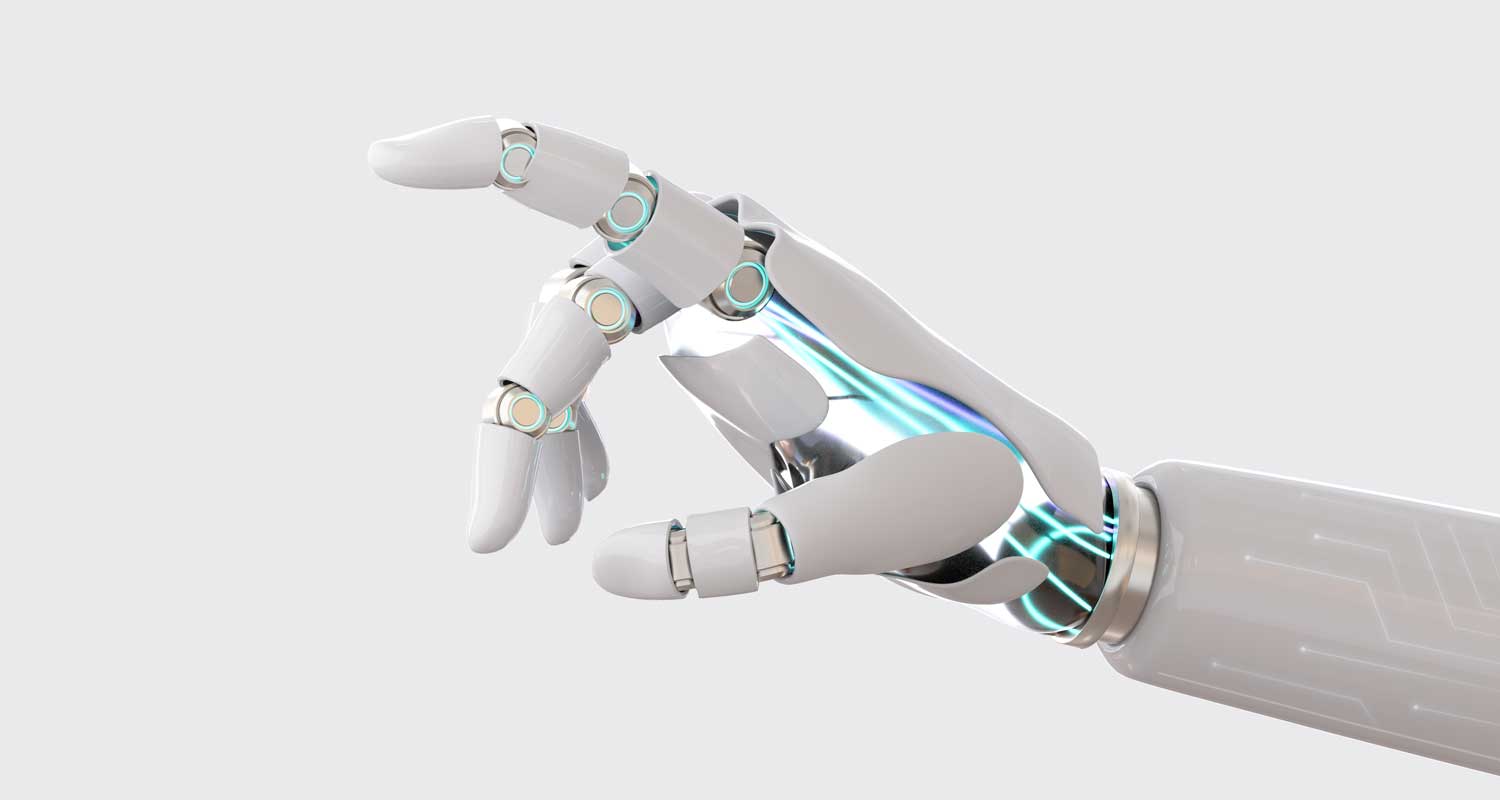 The South African Companies and Intellectual Property Commission (CIPC) made history in 2021 by becoming the first patent office in the world to grant a patent listing an artificial intelligence, rather than a human being, as the inventor.
The South African Companies and Intellectual Property Commission (CIPC) made history in 2021 by becoming the first patent office in the world to grant a patent listing an artificial intelligence, rather than a human being, as the inventor.
The patent lists “Dabus” as the inventor and notes that “the invention was autonomously generated by an artificial intelligence”. Dabus is an acronym for “Device for the Autonomous Bootstrapping of Unified Sentience”. The developer of the AI, Stephen Thaler, is its patentee.
Thaler filed corresponding patent applications in several other jurisdictions, including the US, the EU, the UK, Germany, New Zealand, Taiwan, India, Korea, Israel and Australia, all of which have so far been rejected, mainly on the basis that a natural person must be listed as an inventor – South Africa being the exception.
The South African patent application was filed as a national phase patent application in terms of the Patent Cooperation Treaty (PCT). As a result, some believe, incorrectly in our view, that the CIPC was obliged to accept Dabus as an inventor since inventorship was not objected to during the international phase of the PCT application.
The South African Patents Act provides that “an application for a patent in respect of an invention may be made by the inventor or by any person acquiring from him the right to apply or by both such inventor and such other person”. The Patents Act also provides that “any person other than the inventor making or joining in an application for a patent shall in the prescribed manner furnish such proof of his title or authority to apply for a patent as may be prescribed”.
The Patents Act does not contain a definition for an “inventor”. When referring to the inventor, however, it speaks expressly to “him” and “person”. It is therefore clear from the Patents Act that an inventor must be a person, which an AI is not.
The process
The CIPC does not conduct substantive examination of a patent application but, under the Patents Act and associated regulations, it must still make sure that formal requirements are complied with.
One of the formal requirements is that “where the applicant has acquired a right to apply from the inventor, an assignment or other proof, to the satisfaction of the registrar, of the right of the applicant to apply” must be filed with the CIPC.
No declaration or proof of right to apply for the Dabus patent was lodged by Thaler during the PCT phase of the application in terms of PCT rule 4.17(ii), or at the CIPC. The power of attorney form P3 lodged in support of the Dabus patent in South Africa makes no mention as to how the invention was transferred to the applicant.
The wording “and the applicant(s) has/have acquired the right to apply by virtue of an assignment from the inventor(s)” has been deleted from the form P3. The power of attorney form P3 therefore does not provide any declaration or proof of Thaler’s right to apply for the patent. As no proof of right to apply was provided, the Dabus patent should not have been accepted by the CIPC.

In summary, the Dabus patent in South Africa is deficient and should have been rejected by the CIPC because:
- The phrase relating to the acquisition of the rights to the invention by the applicant, in this case, Thaler, was struck out from the form P3. The form P3 therefore gives no indication or declaration as to how Thaler obtained the right to apply for the patent;
- No declaration of the applicant’s entitlement to apply for a granted patent was filed in terms of PCT rule 4.17(ii); and
- No proof of the assignment of the rights in and to the invention, as is required in terms of the Patents Act, has been lodged at the CIPC, indicating how Thaler acquired the right to apply for the patent.
Furthermore, in view of the wording of the South African Patents Act, and the decisions of the courts in Australia, and the UK and Europe, an AI such as Dabus cannot be an inventor.
South African Dabus patent no 2021/03242 has been touted as the first patent granted for an invention created by an AI, but it stands alone, with patent offices and courts around the world rejecting corresponding patent applications. The Dabus patent should have been rejected by the CIPC in South Africa.
The current patent laws do not make provision for AI being recognised as an inventor, and for this to happen there will need to be a change in the laws
This is not to say the notion that an AI could be an inventor should necessarily be rejected, or that inventions created by AI should not be capable of patent protection. To the contrary, Thaler has drawn attention to this interesting question. The current patent laws do not, however, make provision for AI being recognised as an inventor, and for this to happen there will need to be a change in the laws.
The rise of the inventive machines is inevitable, and it remains to be seen whether lawmakers will recognise AI in the same way that the laws currently recognise human ingenuity.
- The authors, Christopher Mhangwane and David Cochrane, are respectively associate and partner at Spoor & Fisher

